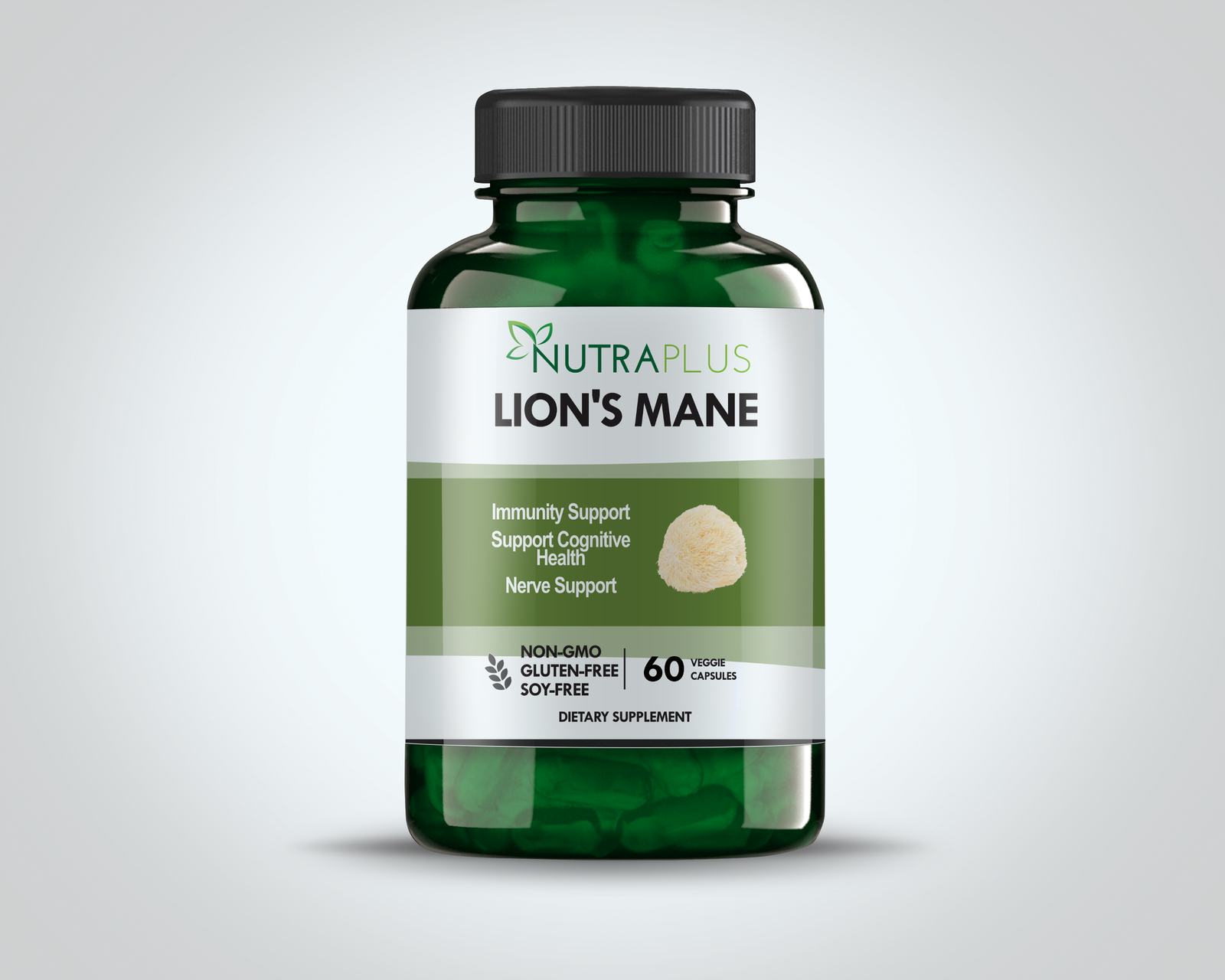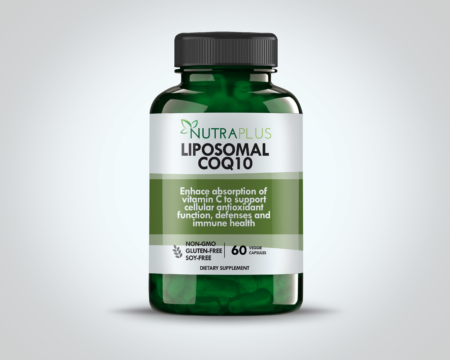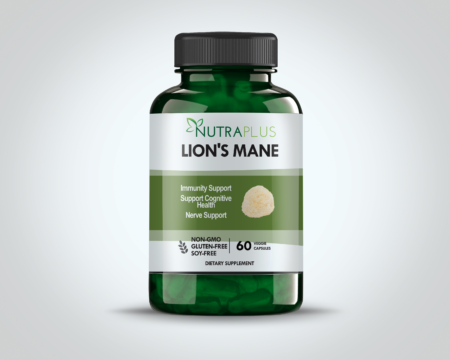Descripción
Introduction to Lion’s Mane Mushroom
Lion’s Mane mushroom, scientifically known as Hericium erinaceus, is a distinctive fungus that is easily recognizable due to its unique appearance, resembling a cluster of white, long spines or icicles. This remarkable mushroom is native to various regions across Asia, Europe, and North America, frequently found growing on hardwood trees, particularly beech and oak. Largely ignored for many years, Lion’s Mane has garnered increasing attention in recent years, not only for its unusual look but also for its notable culinary and medicinal properties.
In traditional medicine, particularly within Chinese herbal practices, Lion’s Mane has been revered for centuries. Historical records suggest that it was used to enhance cognitive functions, bolster digestion, and reduce inflammation. The mushroom has also been recognized for its adaptogenic qualities, aiding the body in coping with stress and promoting overall wellness. As such, it has played a significant role in various traditional remedies aiming to improve mental clarity and boost immune function.
The mushroom’s popularity as a dietary supplement has surged recently, driven by a growing body of research that highlights its numerous potential health benefits. Notably, studies suggest that Lion’s Mane may promote nerve growth factor (NGF) stimulation, which is crucial for the survival and function of neurons. This property has attracted interest in the realms of cognitive enhancement and neuroprotection, particularly among those seeking alternatives for mental sharpness and memory support.
Additionally, Lion’s Mane is becoming increasingly accessible in various forms, including powders, capsules, and extracts, making it easier for individuals to incorporate its benefits into their daily routines. This rise in availability, combined with an expanding interest in natural health solutions, has established Lion’s Mane mushroom as a versatile supplement worthy of deeper exploration and continued research.
Health Benefits of Lion’s Mane Supplement
Lion’s Mane mushroom, scientifically known as Hericium erinaceus, has garnered significant attention for its extensive health benefits, particularly in cognitive enhancement and neuroprotection. Research indicates that compounds within Lion’s Mane, such as hericenones and erinacines, may stimulate the production of nerve growth factor (NGF), a protein essential for the growth and maintenance of neurons. A study published in the journal Biomolecules highlights that Lion’s Mane supplementation improves cognitive function and memory in middle-aged adults, demonstrating its potential as a natural nootropic.
Moreover, Lion’s Mane exhibits neuroprotective properties, making it a possible therapeutic agent for neurodegenerative diseases like Alzheimer’s and Parkinson’s. A mouse study published in Nature revealed that the mushroom helped reduce the occurrence of amyloid-beta plaques in the brain, which are implicated in Alzheimer’s disease. These findings suggest that Lion’s Mane may not only safeguard neuronal health but also promote recovery following neural injury.
In addition to cognitive benefits, Lion’s Mane has shown promise in mood regulation. Some research indicates that it may reduce anxiety and depression symptoms by enhancing overall emotional well-being. A randomized controlled trial in Japan indicated significant reductions in anxiety in participants consuming Lion’s Mane supplements over four weeks, shedding light on its potential role as a natural mood stabilizer.
The antioxidant properties of Lion’s Mane are also noteworthy, as antioxidants combat oxidative stress, thereby supporting both brain health and overall wellness. Furthermore, Lion’s Mane is recognized for its positive effects on digestive health, potentially promoting gut microbiota balance and improving the digestive system’s efficiency. Collectively, these health benefits underscore the mushroom’s potential as a valuable addition to dietary supplements aimed at enhancing cognitive function, protecting neuro health, and improving mental well-being.
How to Incorporate Lion’s Mane into Your Diet
Integrating Lion’s Mane into your daily diet can be accomplished through various forms, including powders, capsules, and culinary applications. Each method offers unique advantages, allowing users to select the option that best fits their lifestyle. For those who prefer convenience, Lion’s Mane capsules represent a straightforward choice, delivering a pre-measured dose without the need for additional preparation. Consumers should pay attention to product quality and look for capsules that contain standardized extracts to ensure maximum potency.
Alternatively, Lion’s Mane powder provides flexibility for culinary experimentation. This form can be easily mixed into smoothies, coffee, or oatmeal, making it remarkably versatile. When using Lion’s Mane powder, it is advisable to start with small amounts—typically one teaspoon—and gradually increase the dosage as you gauge your body’s response. Aim to find a dosage that suits your needs, with many recommendations suggesting between 500 mg and 3,000 mg per day, depending on individual circumstances.
Incorporating Lion’s Mane into meals can be both enjoyable and beneficial. The mushroom’s unique texture and earthy flavor lend themselves well to stir-fries, soups, and even pasta dishes. You can sauté Lion’s Mane mushrooms alongside your favorite vegetables to create a nutritious and delicious addition to your meal. This not only highlights the ingredient’s flavor but also enhances its health benefits through synergy with other nutrients present in the meal.
When considering combining Lion’s Mane with other supplements or foods, it’s essential to research potential interactions. For example, pairing Lion’s Mane with omega-3 fatty acids may promote cognitive benefits further due to their complementary effects on brain health. As always, consulting with a healthcare professional before introducing a new supplement, especially for those on medication or with existing health conditions, is advisable to ensure safety and efficacy. Regular incorporation of this supplement into your diet can help to unlock its potential benefits over time.
Potential Side Effects and Considerations
While Lion’s Mane mushroom supplements are widely regarded for their cognitive and neurological benefits, it is crucial to recognize that they may not be suitable for everyone. Like any supplement, Lion’s Mane can cause side effects in some individuals. Commonly reported symptoms include gastrointestinal discomfort, such as bloating or diarrhea, especially when consumed in large quantities. Allergic reactions are also possible, particularly in those with sensitivities to mushrooms. Symptoms could manifest as skin rashes, breathing difficulties, or anaphylaxis in severe cases.
Moreover, individuals who are pregnant, nursing, or taking certain medications should exercise caution. There is limited research on the effects of Lion’s Mane during pregnancy and lactation, making it imperative to avoid its use unless advised by a healthcare provider. Additionally, Lion’s Mane mushroom supplements may interact with medications that affect blood clotting or blood sugar levels. Therefore, individuals taking anticoagulants, antidiabetic drugs, or other medications that could be influenced by the use of Lion’s Mane should consult their healthcare professional before incorporating it into their regimen.
General precautions should also be observed when starting any new supplement. It is advisable to begin with a lower dose to assess tolerance and gradually increase as needed. Maintaining open communication with healthcare providers is essential, especially for those with pre-existing health conditions or who are on multiple medications. By staying informed and cautious, users can harness the benefits of Lion’s Mane while minimizing any potential risks. Ultimately, consulting with a healthcare professional provides a personalized approach to using Lion’s Mane supplements effectively and safely.
Future Research and Conclusion
The current state of research regarding Lion’s Mane supplements indicates a promising potential for enhancing cognitive function, neuroprotection, and overall health. Studies conducting both in vitro and in vivo tests have highlighted the presence of bioactive compounds in Lion’s Mane mushrooms, such as hericenones and erinacines, which may support nerve growth and repair. However, while there are individual studies suggesting cognitive benefits and improvements in mental health conditions, there remains a significant gap in the breadth and depth of research, particularly human clinical trials. Much of what is known about Lion’s Mane and its effects comes from animal studies or preliminary human assessments, underlining the need for further investigations to comprehensively understand its efficacy.
Future research should focus on randomized controlled trials that assess the long-term effects of Lion’s Mane supplementation in diverse populations, including individuals with existing health conditions. Moreover, exploring the synergistic effects of Lion’s Mane with other nutrients or supplements can provide insights into optimal daily dosages and the best methods of consumption. Understanding the variability in individual responses to Lion’s Mane will be crucial, as some may experience significant benefits while others may perceive little to no effect.
In conclusion, while Lion’s Mane supplements exhibit great promise, particularly concerning cognitive health, there are still many unknowns that warrant careful exploration. As with any supplement, mindfulness in consumption is essential. It is advisable for individuals to consult healthcare professionals before beginning any new supplement regime. By taking a cautious and informed approach to supplementation, one may unlock the potential benefits of Lion’s Mane while minimizing risks associated with unvalidated claims or misuse of the product.












Valoraciones
No hay valoraciones aún.